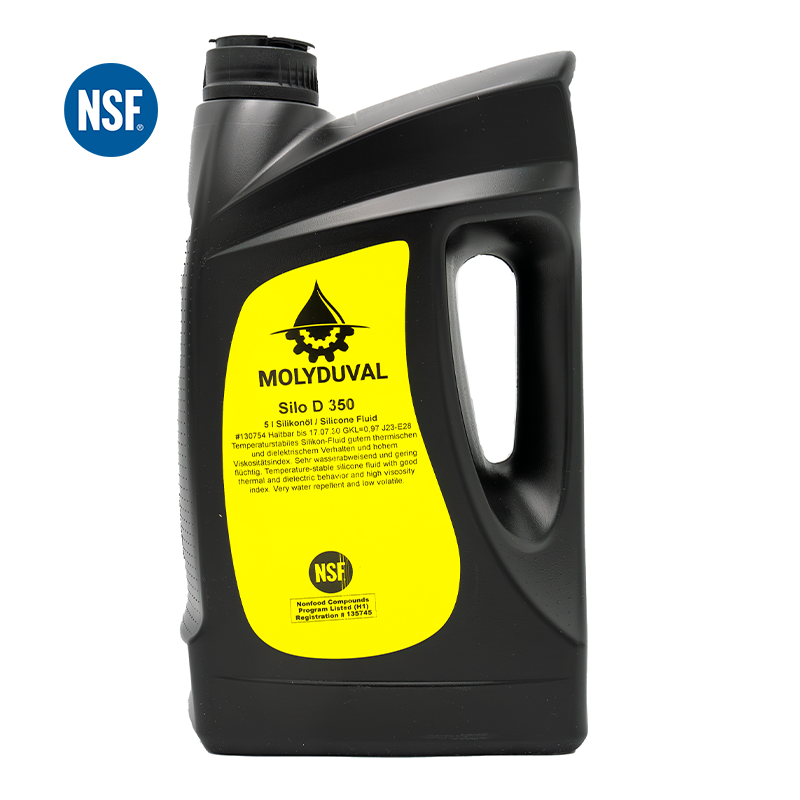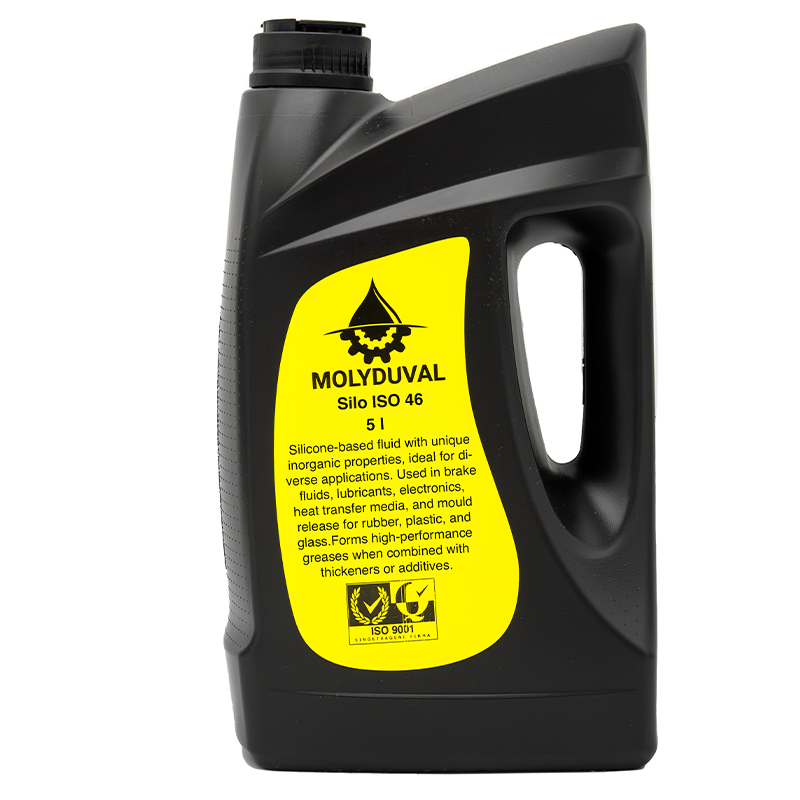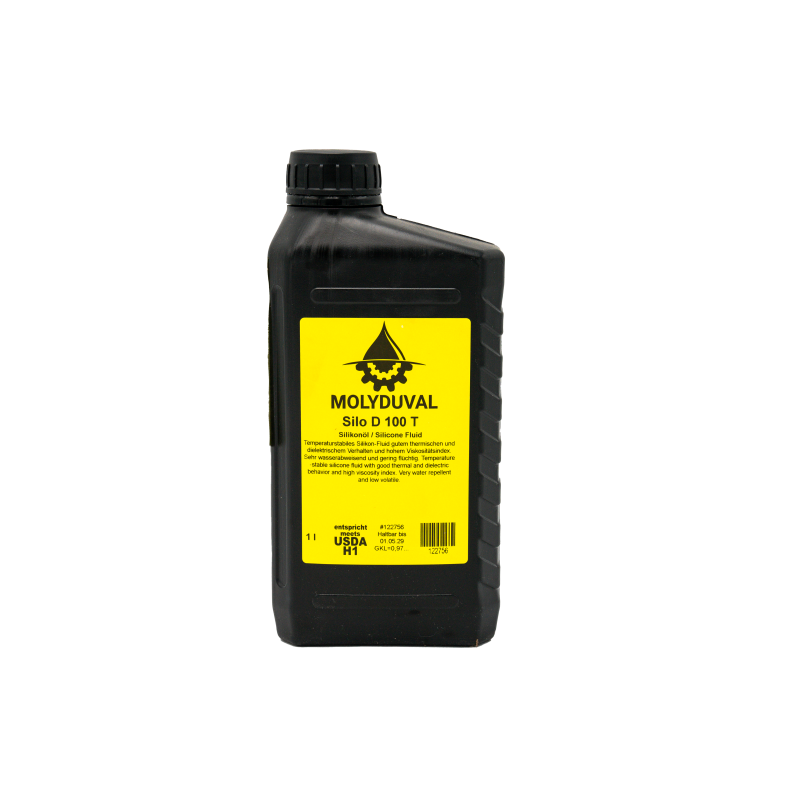Silicone Oils in the Textile and Apparel Industry: An Indispensable Aid in Manufacturing


Silicone Oils in the Textile and Apparel Industry: An Indispensable Aid in Manufacturing
Textile and apparel manufacturing today is a highly technological industry where not only machinery and materials play a crucial role, but also specialized auxiliary agents. One of the most important among them is silicone oil – a substance that ensures a smooth, efficient, and safe process throughout the entire production chain.
Silicone oils are used in various industrial sectors due to their chemical stability, compatibility with different surfaces, and excellent lubricating properties even at high temperatures.
What is Silicone Oil?
Silicone oil is a transparent, non-volatile liquid made from a polysiloxane base. It is chemically inert, thermally stable, and performs excellently both as a lubricant and as a coating. These very properties make it especially well-suited for use in the textile industry.
Main Industrial Applications of Silicone Oil in the Textile Sector
1. Lubrication for Sewing and Textile Processing Machinery
Silicone oils serve as highly effective lubricants for sewing, weaving, spinning, knitting, and pressing machines. They:
Reduce friction and wear on components.
Perform well at high temperatures – ideal for machines operating continuously or under intense load.
Are compatible with metals, plastics, and rubber – they do not damage seals or components.
2. Thread and Yarn Treatment
Reduce friction between thread and needle/machine parts.
Improve thread handling and prevent breakage during production.
Especially important for high-speed sewing, automated spinning, and spraying technologies.
3. Dust-Repellent and Anti-Foaming Applications
Silicone oils act as defoaming agents in water-based systems, such as fabric washing or dyeing processes.
Reduce electrostatic charge build-up, which can cause problems during handling and processing.
4. Thermal and Equipment Protection
Machinery used in molding and heat-treatment processes is often exposed to high temperatures.
Silicone oil provides long-term lubrication without forming resins or degrading over time.
Solano Industries – Specialized Silicone Oils for Textile Manufacturing
Solano Industries offers a wide range of industrial silicone oils designed to ensure safe and efficient performance even in the most demanding textile manufacturing processes. Examples from their product lineup include:
- Molyduval Silo D 350 – Suitable for high-load machinery and processing surfaces.
- Molyduval Silo ISO 46 – A low-viscosity oil that allows for quick absorption and minimal buildup.
- Silo D 100 T – Ideal for surfaces requiring release properties, such as in thermoforming applications.



User Benefits of Using Silicone Oils in the Textile Industry
- Long Service Life
Silicone oils are extremely thermally and chemically stable – they do not gum up, oxidize, or leave sticky residues on mechanical parts. This means machines can operate longer without interruptions, and there is less need for frequent cleaning or oil replacement. Additionally, silicone oils do not attract dust, a common issue with traditional oils.
- Reduced Downtime Risk
One of the key advantages of silicone oils is their ability to reduce friction and wear. They serve as highly effective lubricants for various types of machinery – from spinning and sewing machines to heat-forming presses. Consistent lubrication helps prevent mechanical failures, extends equipment lifespan, and reduces the cost of unplanned downtime.
- Improved Final Product Quality
Achieving smooth material processing without tearing, distortion, or fiber damage is crucial in production. Silicone oils reduce friction on threads and fibers, enhance thread handling, and allow for higher operational speeds. The result is a uniform, visually flawless fabric or finished garment with no defects.
- Safer and Cleaner Working Environment – Resin-Free and Odorless
Unlike some traditional oils, silicone oils do not emit harsh or unpleasant fumes, making the workplace more pleasant and safer for employees. They also do not produce grime that could affect materials or contaminate the final product. This is especially important in factories certified to high quality and hygiene standards.
Application of Silicone Oils in the Textile Industry: Machinery, Viscosities, and Suitable Solutions
| Equipment / Application | Recommended viscosity (cSt) | Product |
| Finishing machines (fabric softening) | 300 - 500 | Silo D 350 – softening effect |
| Sewing and knitting machines (friction reduction) | 50 - 100 | Silo ISO 68 – low viscosity oil with excellent slippage and thermal stability |
| Painting and washing equipment (anti-foamer) | 50- 100 | Silo D 50 – Low viscosity silicone oil, with good dispersion ability, suitable for use as an antifoaming agent. |
| Impregnation equipment (improvement of hydrophobicity) | 10000 - 50000 | Silo D 5000 – high viscosity coating oil, provides water repellency and surface protection |


.png)
.png)
Silicone oils are not just oils – they are a crucial resource that helps ensure continuous, high-quality, and efficient textile production. With solutions like the Solano Industries Molyduval Silo series, manufacturers can optimize both their machinery and product quality – while simultaneously reducing costs and risks.













